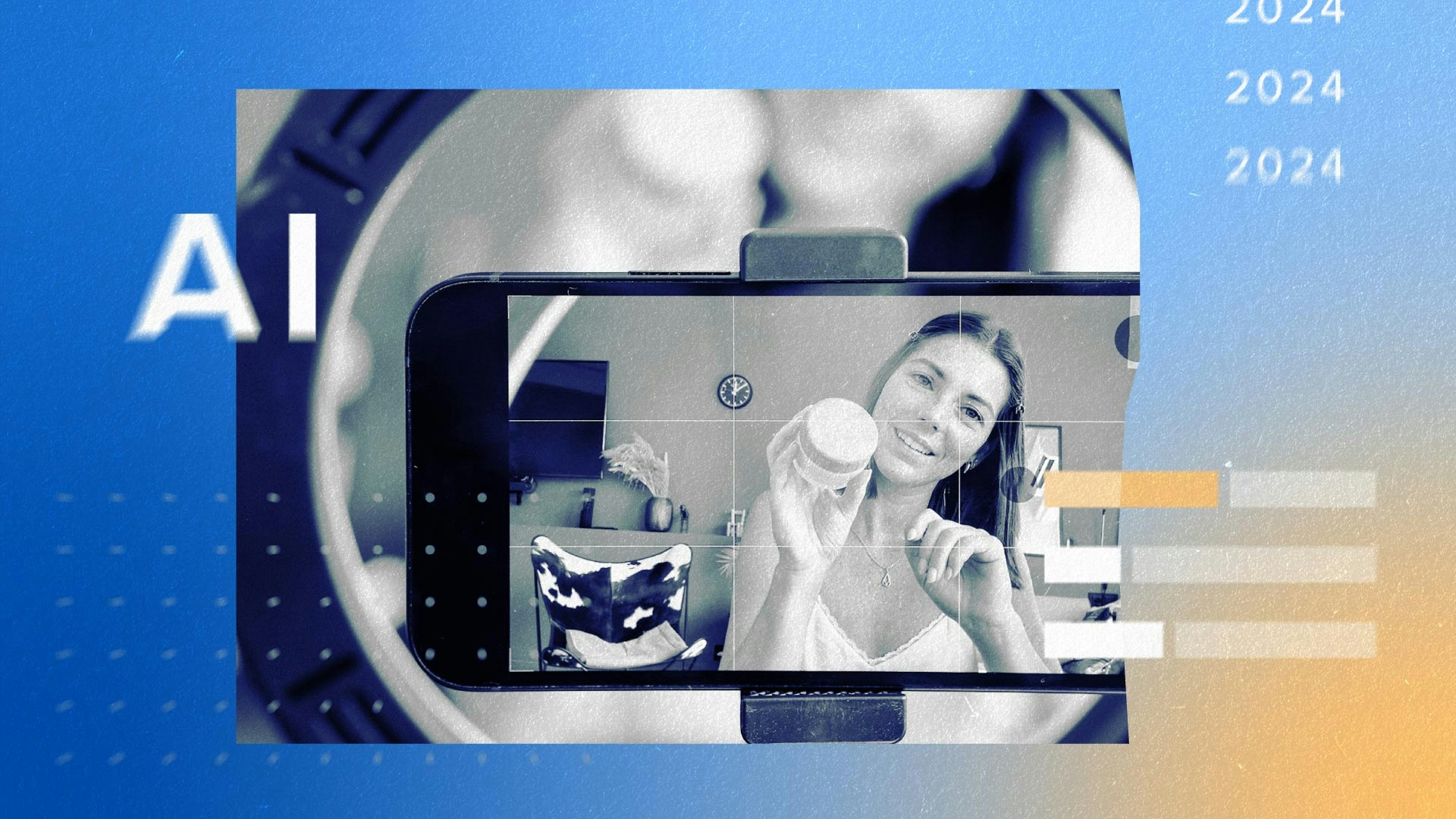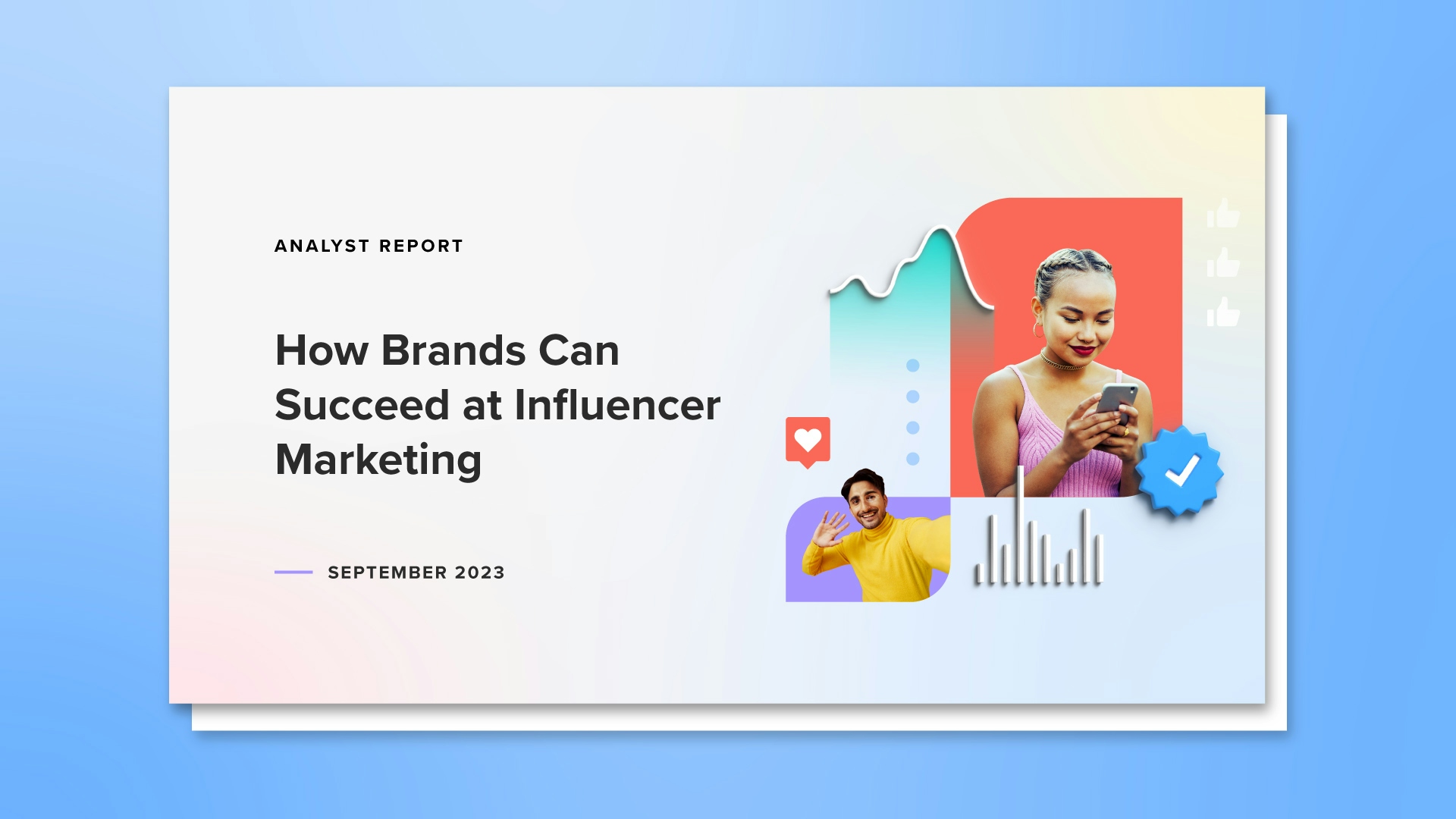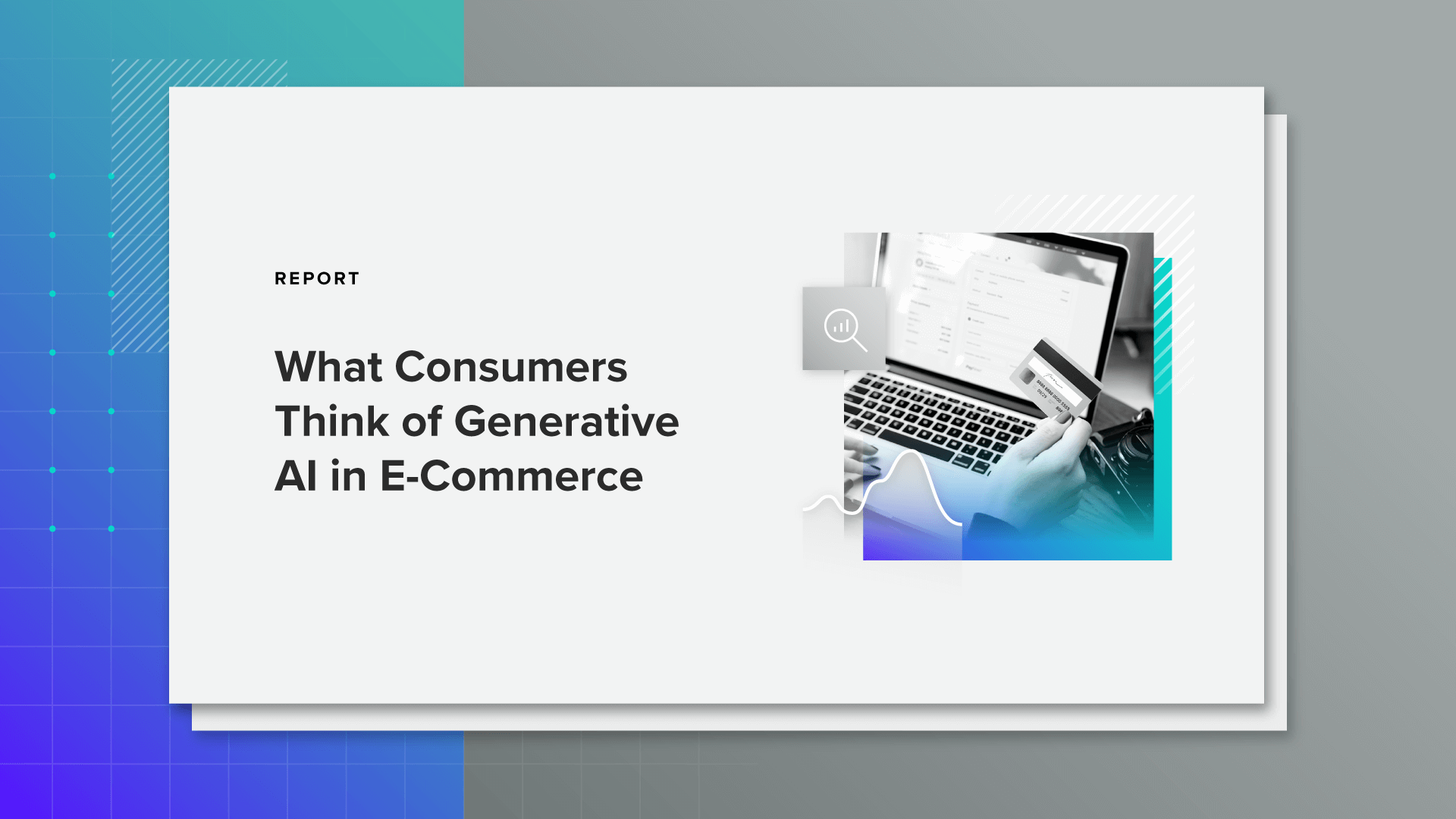2024 Retail Trends: Generative AI Will Not Replace Influencers

Key Takeaways
Despite all of the attention paid to generative AI this year, consumers trust recommendations from influencers far more than they trust AI tools.
Influencers earn consumers’ trust in part due to their inherently human traits, like relatability and humor that AI tools don’t replicate well.
Retail and e-commerce brands considering investments in AI shopping assistants or other consumer-facing applications should be cautious given consumers’ slow adoption of other types of retail tech purported to solve shoppers’ challenges.
Sign up for our newsletter on how the trends, habits and behaviors of consumers are impacting the retail industry.
Every few weeks, it seems someone declares the influencer economy dead. The reality is far from it, though the industry does continue to evolve.
The bloggers of the aughts became influencers, who then became content creators. At the same time, trust in recommendations from influencers among Gen Zers and millennials has grown, while trust in online product reviews and even recommendations from friends and family have declined. Whatever you call them, trusted individuals providing curated, expert recommendations will continue to have a critical role in driving sales for retail and e-commerce brands across 2024 and beyond.
Specifically, people who make purchases based on influencers’ recommendations appreciate their knowledge of and enthusiasm for the products and brands they recommend, combined with the relatability and humor in their content. Critically, they can marry that authenticity with aspiration, showing how much better your life might be if you buy what they’re selling.
As the industry tries to get ahead of the next phase of the creator economy, naturally many are looking to artificial intelligence. They’re not necessarily creating AI influencers a la Lil Miquela, but offering product imagery that can supplant influencer-styled photo shoots and more personalized product recommendations via chat bots. The promise of generative AI has some overlapping value with what influencers provide. As e-commerce sites and sellers proliferate, AI’s capabilities to scour the internet for the perfect item far exceed that of humans. And yet, while GAI tools like ChatGPT took the world by storm this year and captured the imagination of retail industry leaders, consumer trust in AI didn’t necessarily follow the hype.
Influencer Recommendations Are Far More Trusted Than Those from AI
Gen Zers and millennials hold the strongest opinions about influencers and AI, though their points of view diverge: Gen Zers put more faith in influencer recommendations across retail categories than any other consumer cohort. Millennials are most likely to trust AI, but that trust still pales in comparison to their trust in recommendations from humans.
Morning Consult has tracked consumer interest in generative AI tools since February of this year, and sentiment about the potential for customer-facing retail tools hasn’t moved much.
Consumer Interest in Generative AI Tools, Products Is Relatively Flat
While the potential of customer-facing GAI has exciting implications for e-commerce brands, they won’t be realized in 2024. Retailers should resist chasing shiny objects and look to consumer adoption of other types of retail tech for signals of the adoption curve. If GAI tools follow patterns similar to that of AR product visualization and size measurement tools, widespread adoption of customer-facing GAI is a long way away from replacing the human faces and expertise that influencers provide. Instead, retailers should ensure their influencer relationships are in sync with best practices based on what actually drives purchases on social media.
Download our How Brands Can Succeed at Influencer Marketing report for more.


